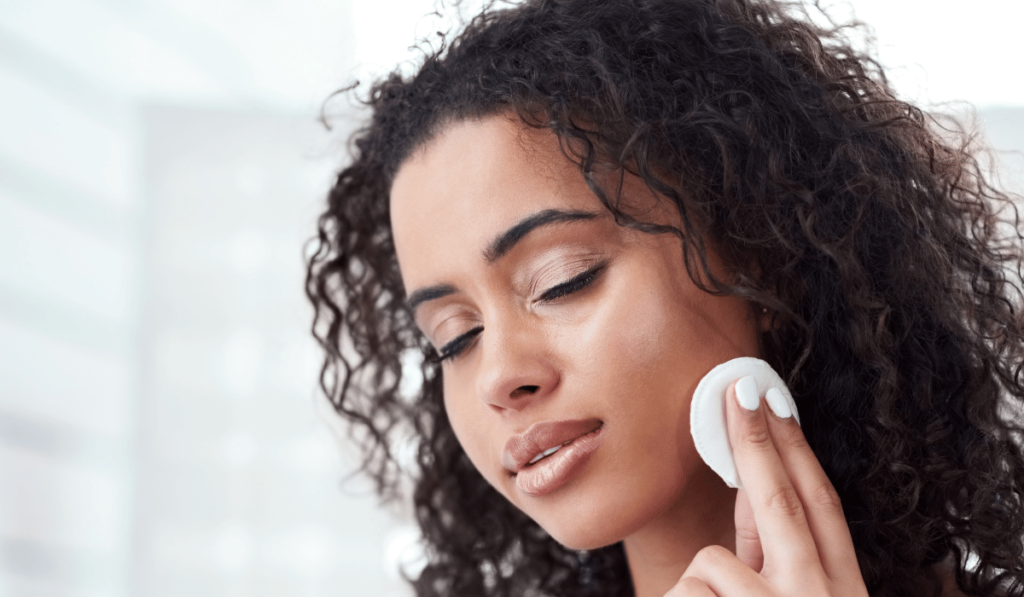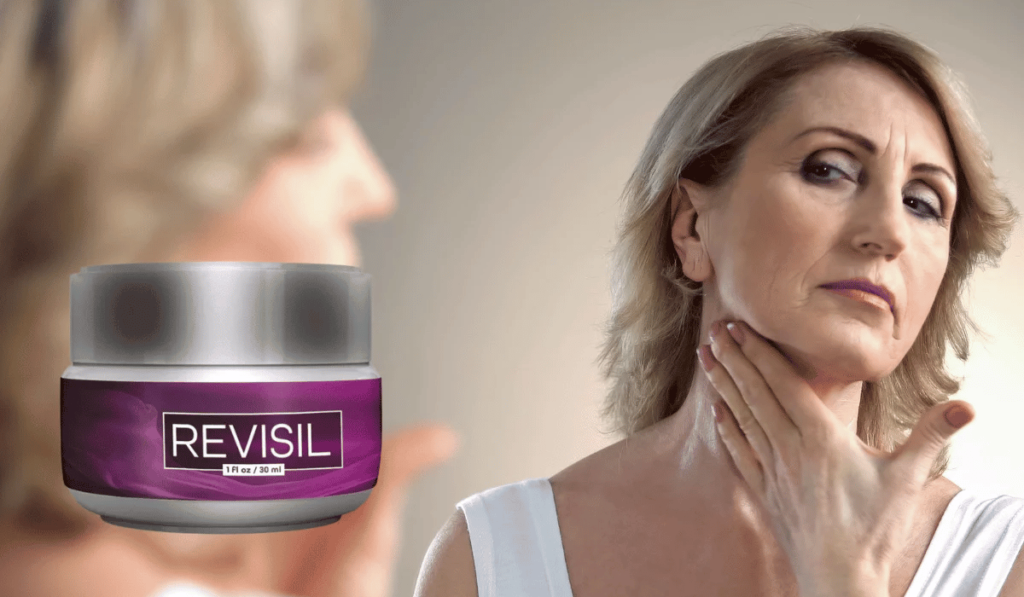Health experts emphasize the critical significance of sun protection for maintaining skin health. Prolonged exposure to harmful UV rays can lead to skin damage, premature aging, and increase the risk of skin cancer. By incorporating sunscreen, protective clothing, and seeking shade during peak sun hours, individuals can safeguard their skin against these detrimental effects and promote long-term skin vitality.
The Risks of Unprotected Sun Exposure
Skin Cancer: The Silent Threat
According to the Skin Cancer Foundation, skin cancer is the most common type of cancer globally, with over 5 million cases diagnosed each year in the United States alone. UV radiation from the sun is a major factor in the development of skin cancer, making it crucial to protect your skin from sun exposure.
Premature Aging: Wrinkles and Age Spots
Unprotected sun exposure can lead to premature aging of the skin, resulting in wrinkles, fine lines, and age spots. The UV rays break down collagen and elastin in the skin, leading to a loss of firmness and elasticity. This can make you look older than you are and damage the overall health of your skin.
Unprotected sun exposure not only accelerates the aging process but also increases the risk of developing skin cancer. It is crucial to wear sunscreen daily and practice sun-safe habits to maintain healthy and youthful skin.
The Science Behind Sun Protection
How UV Rays Damage Skin Cells
Science tells us that UV rays from the sun can cause significant damage to our skin cells. These rays penetrate the outer layers of the skin, reaching the inner layers and damaging the DNA of the cells. This damage can lead to premature aging, wrinkles, and in severe cases, skin cancer. Understanding how UV rays affect our skin is crucial in emphasizing the importance of sun protection.
The Role of SPF and Sunscreen Ingredients
Ingredients in sunscreen play a crucial role in protecting our skin from harmful UV rays. SPF (Sun Protection Factor) measures a sunscreen’s ability to block UVB rays, which are the main cause of sunburn and skin cancer. Sunscreen ingredients like zinc oxide and titanium dioxide physically block UV rays, while others like avobenzone and octisalate absorb and dissipate the harmful rays. Choosing a sunscreen with broad-spectrum protection and a high SPF is important for effective sun protection.
Effective Sun Protection Strategies
Choosing the Right Sunscreen for Your Skin Type
Even when the weather is cloudy, UV rays can still penetrate through and harm your skin. Consequently, it’s crucial to choose the right sunscreen for your skin type. If you have sensitive skin, opt for a mineral-based sunscreen with zinc oxide or titanium dioxide. For oily skin, look for oil-free or gel-based formulas that won’t clog pores.
Clothing and Accessories: Additional Layers of Defense
Sunscreen is necessary, but layers of clothing and accessories provide additional protection against harmful UV rays. Wide-brimmed hats, sunglasses with UV protection, and tightly woven clothing can shield your skin from the sun’s damaging effects. Consider wearing long sleeves and pants for extra coverage, especially during peak sun hours.
To wrap up
Upon reflecting on the importance of sun protection for skin health, it becomes evident that taking preventative measures is crucial in maintaining healthy skin and reducing the risk of skin cancer. By incorporating sun protection practices into our daily routines, such as wearing sunscreen and seeking shade, we can safeguard our skin from harmful UV rays and prioritize our overall well-being.
FAQ
Q: Why is sun protection important for skin health?
A: Sun protection is vital for skin health because exposure to harmful UV rays can lead to skin damage, premature aging, and an increased risk of skin cancer.
Q: What are the types of sun protection products available?
A: There are various types of sun protection products such as sunscreen lotions, sprays, sticks, and clothing with UV protection.
Q: How often should sunscreen be applied for effective protection?
A: Sunscreen should be applied generously at least 15 minutes before going outdoors and reapplied every two hours, or more frequently if swimming or sweating.
Q: Can sun protection help prevent skin cancer?
A: Yes, using sun protection consistently can help prevent skin cancer by reducing the harmful effects of UV radiation on the skin.
Q: Apart from sunscreen, what are other ways to protect skin from the sun?
A: In addition to sunscreen, wearing protective clothing, seeking shade, and avoiding peak sun hours can also help protect the skin from sun damage.





